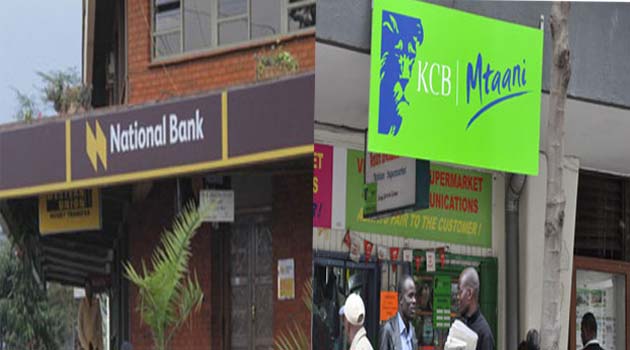NAIROBI, Kenya, Sept 16 – Lately there has been a lot of interest on Islamic finance and Islamic banking in particular. Although this has been well received by the Muslim faithful, not many potential users of the banking service really know what it is all about. Most people wrongly assume that Islamic banking is solely meant for those who profess the faith. It is these misconceptions that drove me to give a greater insight into Islamic Finance.
Islamic banking refers to financial services that meet the requirements of Shariah or Islamic law. While designed to meet the specific religious requirements of Muslim customers, Islamic banking is not restricted to Muslims. Islamic banking represents a practical application of modern banking concepts within the overall development of Islamic Economics. The Shariah prohibits the payment of fees for the renting of money (Riba or interest) for specific terms, as well as investing in businesses that provide goods or services considered contrary to its principles (haraam) such as gambling, pornography, pork or alcohol.
The first modern instance of Islamic banking can be traced to Egypt. Islamic Banking is growing at a rate of 10-15 percent per year and have 300 institutions spread over 51 countries.
The following are common terms use in Islamic Finance.
Ljara
Ljara is akin to an operating leasing. It is a contract where the bank buys then leases out an item or equipment to a customer for a specified rental over a specific period. The duration of the lease as well as the basis of the rental are agreed in advance. Ownership of the assets is retained by the lending bank throughout the arrangement, with the rental payments equivalent to the cost of the asset plus a profit margin for the bank to cover its cost.
Mudaraba
This is a trustee-type finance contract, under which one party provides the entire capital for a project and the other party (usually a bank) provides the management of the enterprise. This combination of capital and expertise is then employed in profitable ventures with the appropriate profit percentages set out at the beginning of the contract. This is not common in Kenya as the Shariah finance is still at its infancy.
Murabaha
Rather than conventional loan of money, in a murabaha agreement, the bank purchases the commodity requested and sells it to the customer with an agreed mark-up. Payment of this price is often made in installments.
Musharaka
A profit and loss sharing instrument through an equity participation contract under which a bank and its client contribute jointly to finance a project. Ownership is distributed according to each party’s share in the financing, and both the profit and the risk is shared by the partners involved. This sharing of risk implies there is no guaranteed rate of return for any of the parties, unlike what is seen in an interest-based loan.
Riba
Often substituted for the term interest, Riba goes beyond this to mean any unfair gain through trading. By forbidding a fixed, risk free return, lenders and investors are encouraged to actively engage in that venture or investment, given that the return is not fixed, but dependent on its performance.
Sukuk
An investment certificate that represents a proportionate ownership interest in a well-defined pool of assets that yield income and capital returns. Asukuk bonds – also known as Islamic bonds – generate credit through the performance of a business activity or a real asset; they do not earn interest on money.
Takaful
Similar to mutual insurance, Takaful is a risk sharing entity that allows for the transparent sharing of risk by pooling individual contributions for the benefit of all subscribers.
Estimates today suggest that over $500 billion of assets are managed according to Islamic investment principles. This makes it one of the fastest growing banking services and poses a threat to the traditional banking instruments.



































